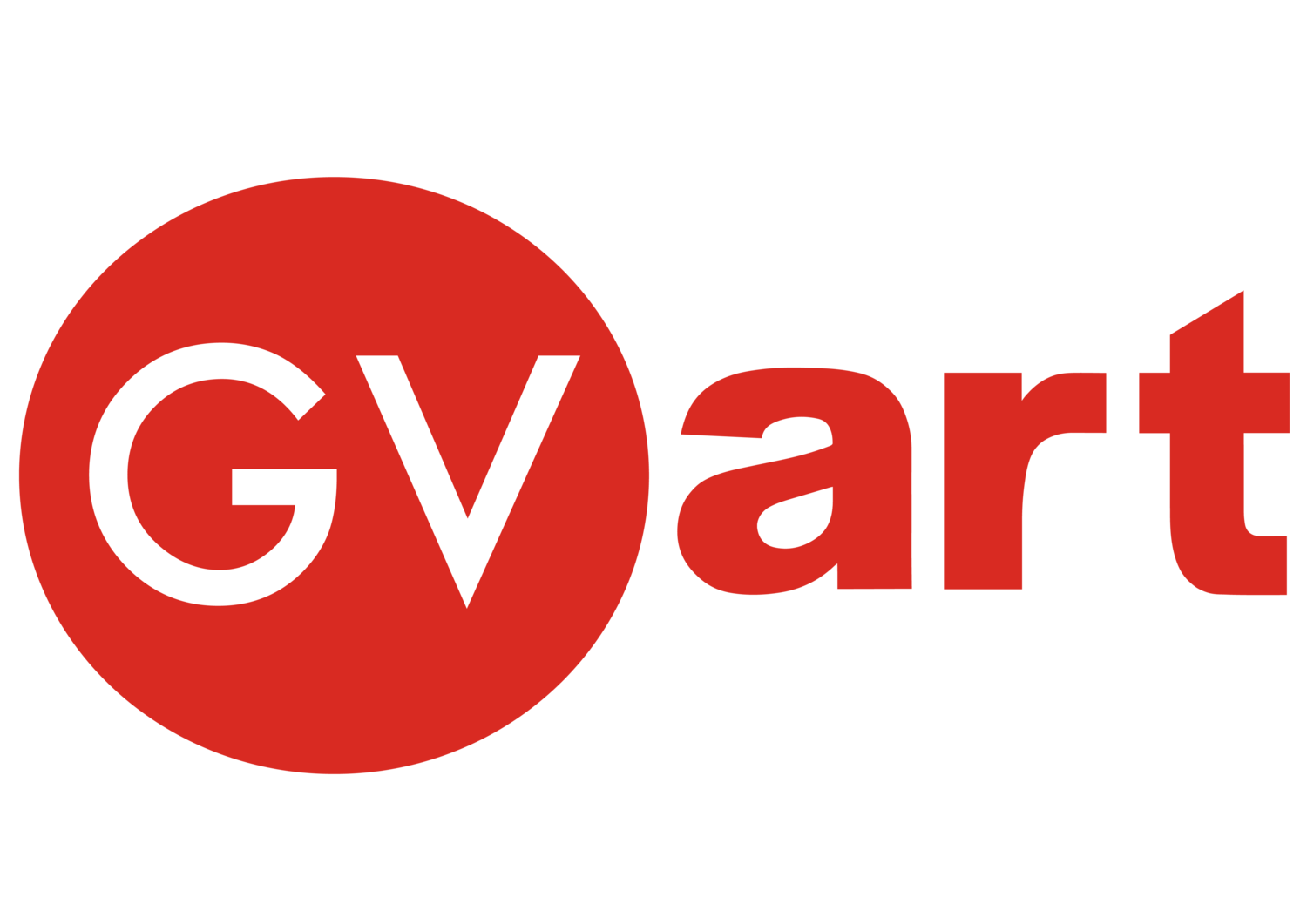Between & Across Disciplines: Art & Science in Higher Education | Tuesday 8 April 2014, 7-9pm
Between & Across Disciplines: Art & Science in Higher Education
Tuesday 8 April 2014, 7-9pm
places are free
RSVP to info@gvart.co.uk
Print the e-invite here
GV Art presents Between & Across Disciplines: Art & Science in Higher Education, a panel discussion on interdisciplinarity and cross-disciplinary collaboration between the arts and sciences in Higher Education. The panel will focus on some of the new courses and innovative pedagogical models that have emerged with a view to building connections between and across different disciplines in the arts and sciences. It is designed to promote debate on the structure and aims of these courses, their impact on pedagogical and research practice, and on the future of the university and Art & Science in general in the era of Moocs, TED talks and Wikiversity.
This event is organised in the context of the current exhibition at GV Art, Encyclopedia Galactica (13 February – 17 April, 2014). The exhibition inaugurates a research project on the Gaberbocchus Press Common Room, where a series of weekly discussions on art and science was organised by Stefan and Franciszka Themerson between August 1957 and July 1959:
“The aim of this Common Room is to provide artists and scientists and people interested in the philosophy of science and the philosophy of art with a congenial place where they can meet and exchange thoughts. We don’t identify science with gadgetry, nor art with a kind of romantic irresponsibility. We would rather prefer to see both sides as investigators and explorers of the universe, whether the part of the universe that is being explored is the nebula in Andromeda, or a molecule, or the constellation of individual experiences of an artist or a poet. (Gaberbocchus Common Room, 1957)”
Although the dichotomy between these two “sides” persists, the last few years have seen a number of new developments endeavouring to build various points of connection and translation – as well as interrogation and contestation (avoiding the trap of “scientism”) – between the arts and sciences.
Broad Vision was established in 2010 at the University of Westminster. The programme supports art and science collaborative research and interdisciplinary learning for undergraduate students. Broad Vision encourages students to recognise and exchange disciplinary expertise.
The MA Art and Science at Central Saint Martins is a studio based MA which encourages transdisciplinary and interdisciplinary practices, the course investigates the creative relationships between art and science and how to communicate them.
The Arts and Sciences BASc at University College London is a bespoke degree programme incorporating subjects from the humanities and sciences along four pathways.
Topics and questions addressed by the panel will include the extent to which such Art & Science collaborations offer a way for artists and scientists to continue to act as “investigators and explorers” in the Higher Education universe of the 21st century. After all, this is a universe in which government, research council and private funding is largely directed toward science and technology. (“We can get money from the Wellcome!”) It is also a universe in which knowledge and learning is increasingly being transformed into quantities of information to be exchanged, marketed and sold (e.g. in the form of indicators of “quality”, “impact” and other metrics).
For the Gaberbocchus Common Room of 1957, science was not to be identified with gadgetry, nor art with romantic irresponsibility. But how easy is it for new courses and programmes today to avoid situations where a predefined, process-oriented “art” is used instrumentally, not least to illustrate a predefined, output-oriented “science”? Does the very notion that there are “sides” in this relation continue to be helpful? And what is specific to each that would be lost if we were no longer to think in terms of “art” and/or “science” in Higher Education?
This event is for students, educators and the broader art/science community, especially practitioners including artists, scientists, curators and representatives from funding bodies and other institutions.
The panel includes:
Heather Barnett Artist and Lead Researcher for Broad Vision and Senior Lecturer in Art/Science at the University of Westminster. Heather is also Lecturer, MA Art and Science at Central Saint Martins, University of the Arts London.

